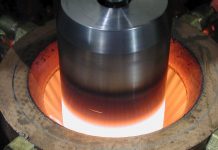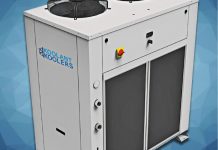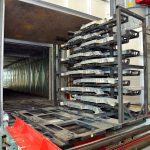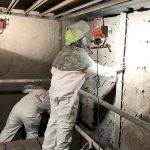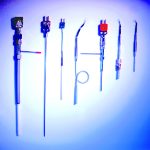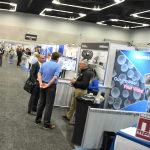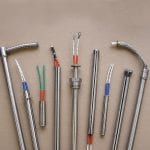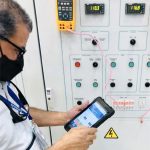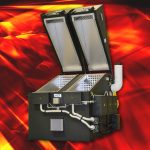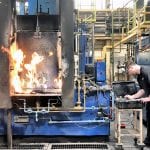Messer’s heat-treatment portfolio spans industrial gases and atmosphere control systems for sintering, annealing, furnace brazing, carburizing and carbonitriding, neutral hardening, and sub-zero treatments. The company has gone through quite a few changes over the last year and a half. Thermal Processing had the opportunity to chat with Chris Ebeling, executive vice president, Messer (Bridgewater, New Jersey) about Messer’s history and what the company can offer its customers.
Tell us a little bit about Messer and the genesis of Messer in the Americas.
Messer was founded in 1898 and today is the largest family-run specialist for industrial, medical, and specialty gases worldwide. The Messer Group has operations in Europe, Asia, and the Americas and generated consolidated sales of $1.49 billion (1.3 billion euros) in 2018. Today, following the formation of Messer Americas, the company represents a $3 billion global enterprise.
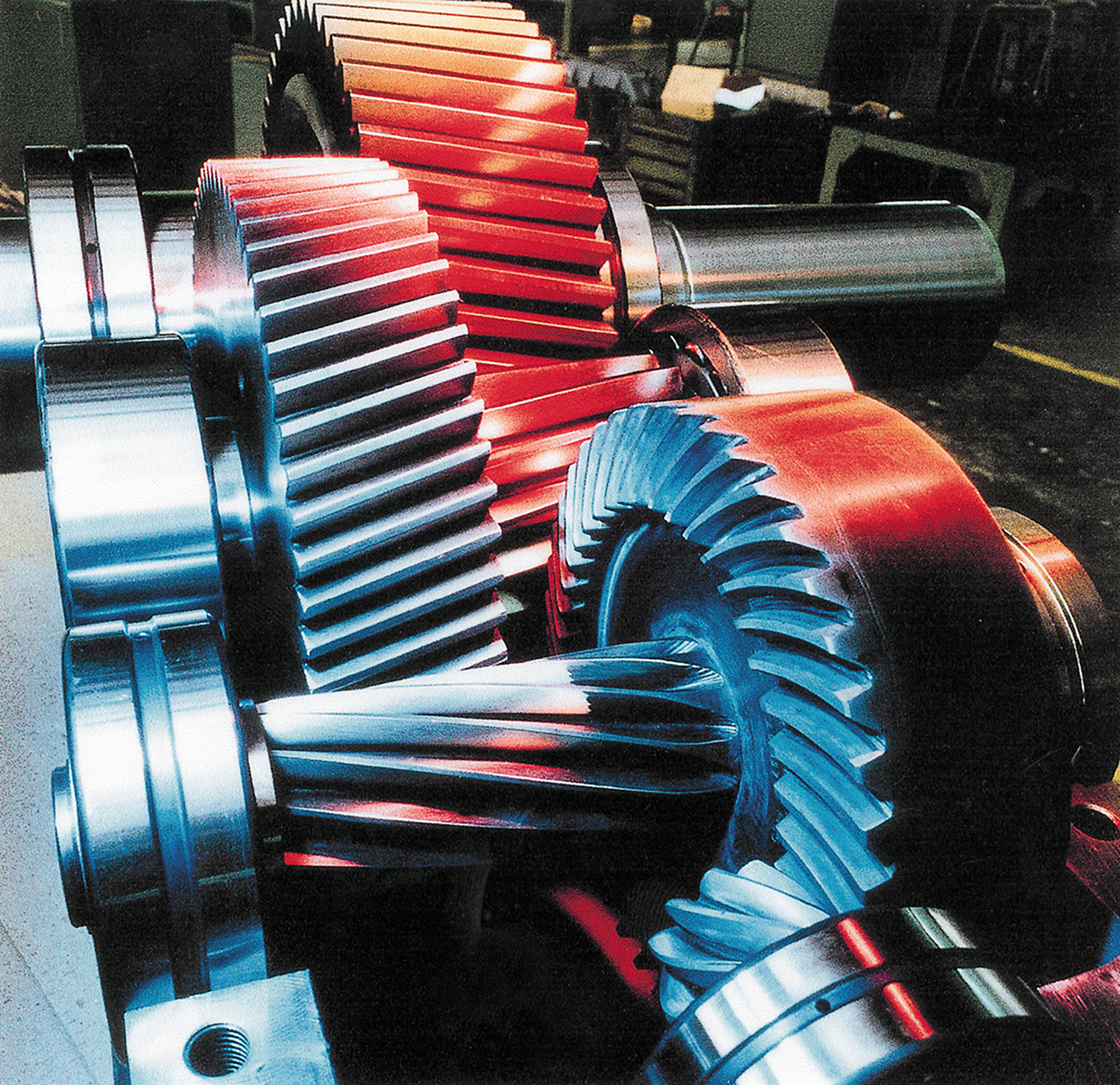
When did Messer get into the U.S. industrial gas market?
On March 1, 2019, Messer Group and CVC Capital Partners Fund VII (CVC) acquired most of the North American gases business of Linde plc, as well as certain Linde business activities in South America. We offer a portfolio of industrial gases and gas technologies developed both in Europe by the Messer Group and in the U.S. with our customers here. We are also now one of the leading privately held industrial gas companies in the region with over 70 production facilities and about 5,400 employees in the U.S., Canada, Brazil, Colombia, and Chile.
So, some Messer people will likely be familiar to our readers?
Yes. Many Messer employees joined us from Linde plc, so companies involved with metals, combustion, and metals processing, including heat treating and additive manufacturing, may already know some of our talented people. Many of us at our Americas headquarters in Bridgewater, New Jersey, work in the same offices as before only with a new corporate name on the door. Our Technical Center in Cleveland also has most of the same people in place.
Of course, manufacturers may also recognize Messer Cutting Systems (Menomonee Falls, Wisconsin), a Messer company in the U.S. since 1973, which makes laser-, oxyfuel- and plasma-cutting tools and control systems for North America. As part of our global organization, Messer Cutting Systems also has manufacturing operations in Sao Paulo, Brazil, as well as in Europe, India, and China.
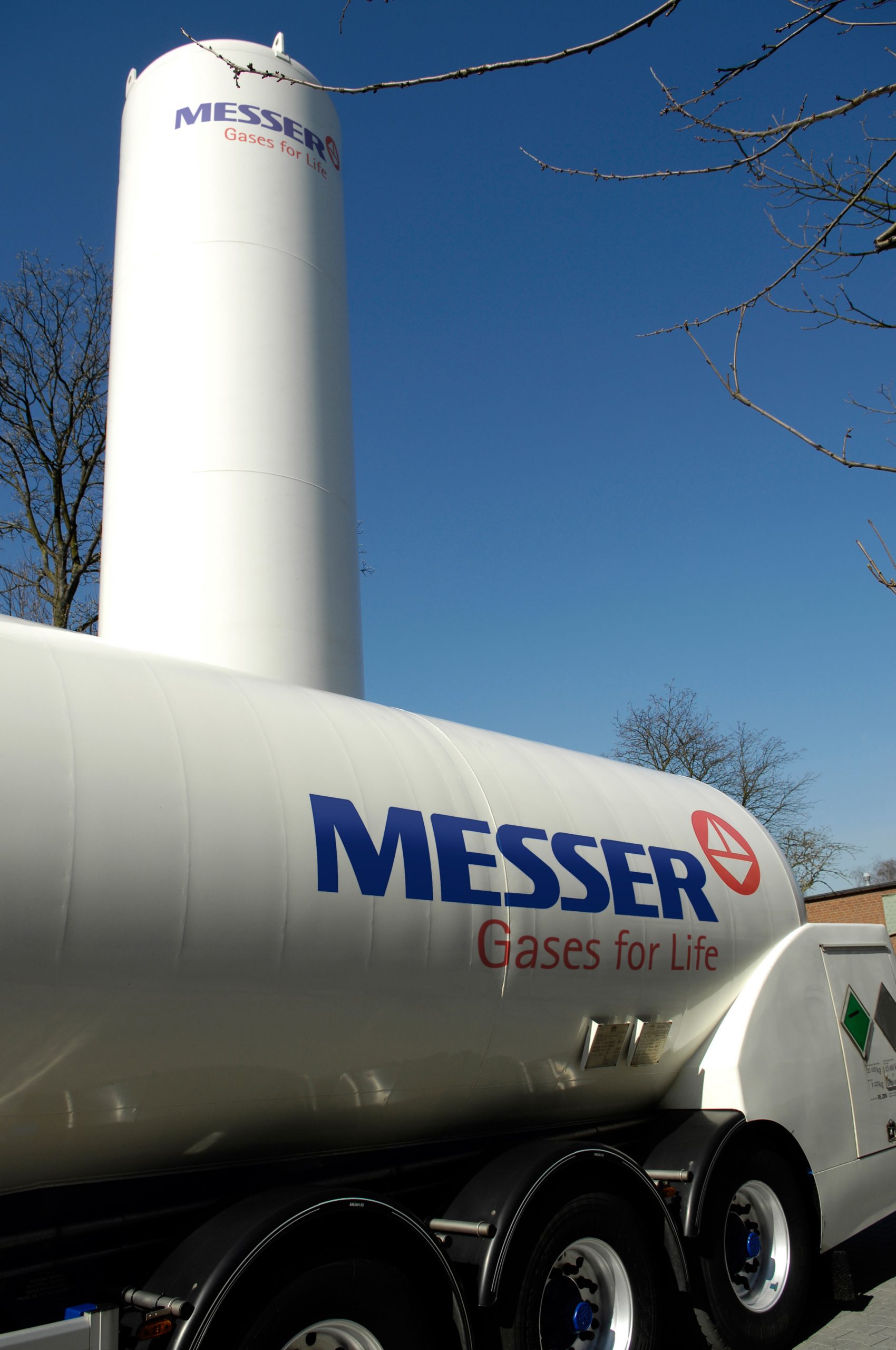
Is there some synergy?
Messer already supplies the industrial gases for these cutting systems. In addition, machined parts and components are often heat-treated as part of the manufacturing process, either in-house or by a firm specializing in thermal treatment, so there is natural synergy. We also offer cryogenic cleaning systems, which can remove machine oils and other residues without water. Manufacturers with wastewater treatment systems may also benefit from Messer technology for odor control and lowering pH.
What sets Messer apart?
Our goal is to help customers build a competitive advantage through improvements in productivity, quality, process reliability, and reduced operating costs. So, it is not just the quality of industrial gas, but how the gas is supplied and applied during thermal processing that is key. Our installations include proprietary pressure-controlled gas delivery and process-control technologies. We work closely with customers and offer extensive experience with all types of combustion and heat-treatment furnaces — batch and continuous. With our technology and expertise, productivity gains of 20 to 30 percent or more are not uncommon in some applications. In other cases, it is more about repeatable quality, and improvements of 2 to 3 percent can make a major impact on throughput.
How does Messer in the Americas fit within the global organization?
As part of Messer’s global organization, we adhere to core values such as customer orientation, corporate responsibility, and integrity. At the same time, we respond like a much smaller company. We encourage our businesses to be agile and entrepreneurial. Our technical experts have a deep understanding of gas processes and work with customers to identify needs and develop optimal solutions. We validate our solutions and can perform further testing and analysis at our Cleveland Technical Center.
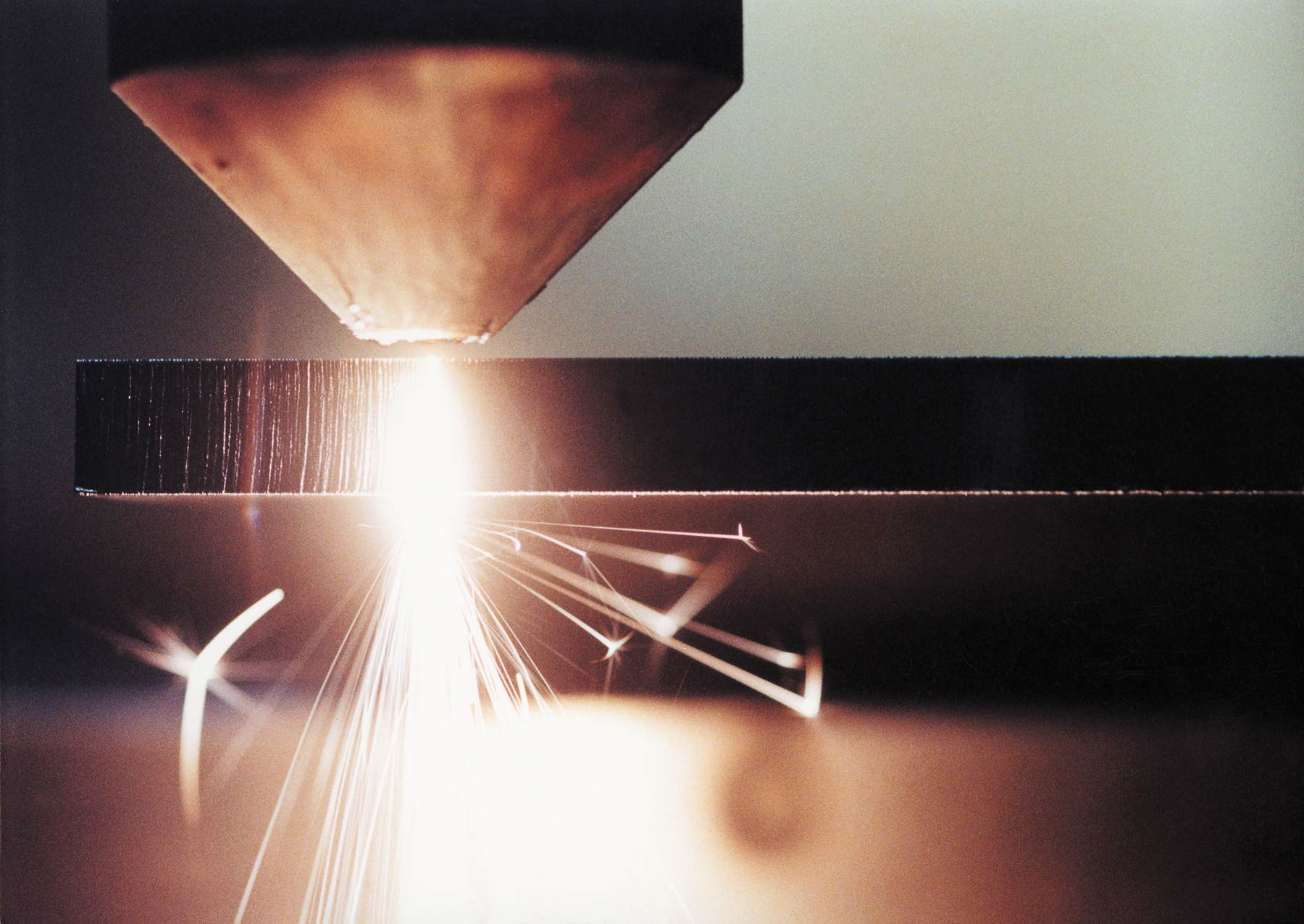
What about safety?
Safety is a Messer core value and integral to everything we do from project planning to service. Training is part of every new installation, and we train everyone at the plant in safety awareness and procedures, not just the operators.
What do you see as the trends and challenges in the industry today?
We find that each market has its own nuances. For example, aerospace and automotive sectors need lighter designs or more durable components or both. High-performance parts for defense or power generation often must withstand high torque, temperature extremes, or thermal cycling — and there is often little room for compromise. So, metal alloys and process quality must continually improve, and thermal processing is at the intersection of that challenge.
In applications such as robotics, there may also be high-performance requirements for parts such as gears. In other cases, complex designs or specialized components such as medical devices may require shorter runs or shorter design-to-manufacture cycles. Powder metals and additive manufacturing are playing a growing role in these applications. That, in turn, is fueling the need for tighter control in forming and post-treatment operations.
At Messer, we can help processors address such challenges and succeed, often with innovative solutions.
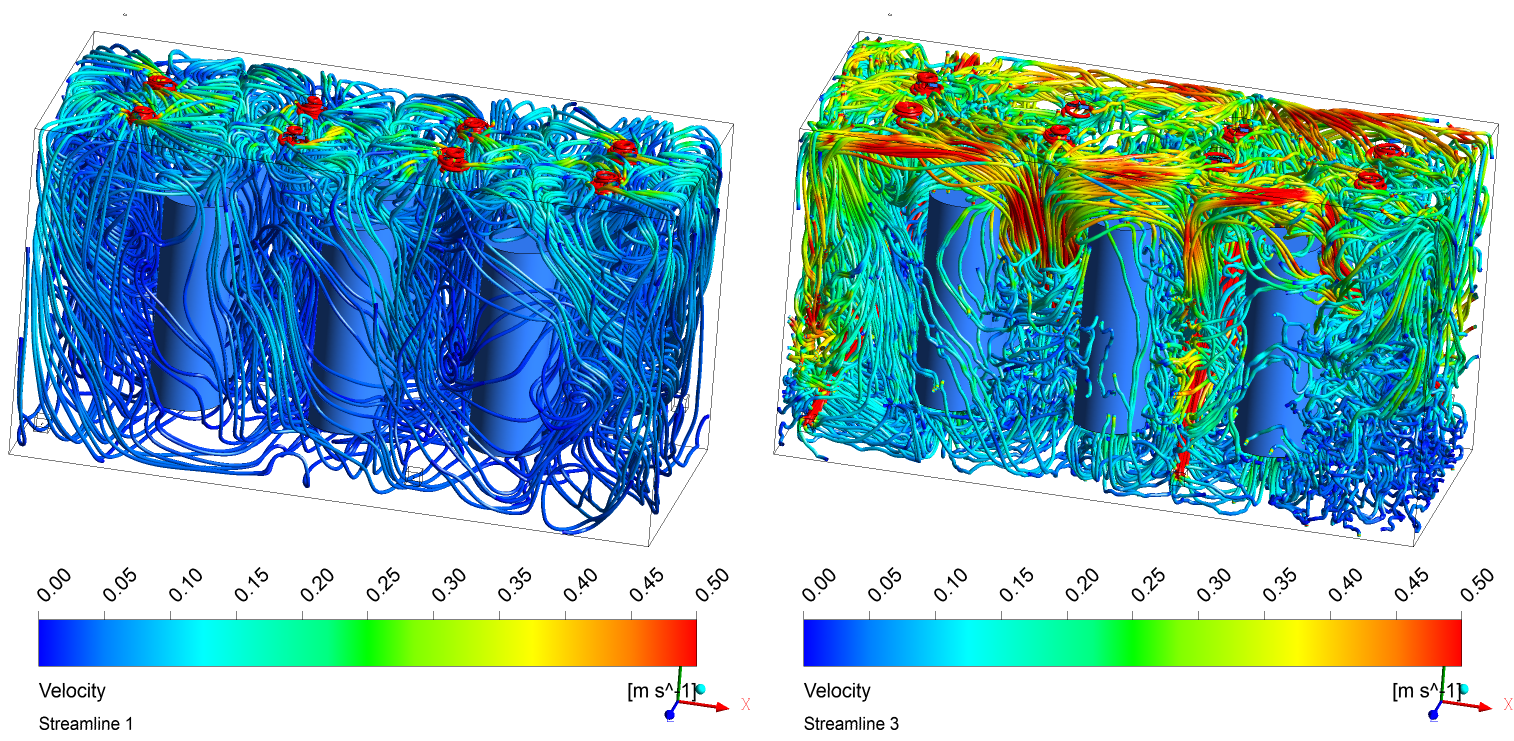
Can you summarize some processes where Messer has particular expertise?
This is not a comprehensive list, but here are a few areas where we offer specialized technologies and process expertise:
Furnace Efficiency & Convection: Most types of heat-treatment furnaces — from roller hearth to pit — can benefit from improved convection, but fans are a perennial source of downtime. Fans take a beating and demand regular repair and replacement. We take a different approach — high-speed gas injection (HSGI) technology. Messer HSGI uses high-velocity injections of inert gas through proprietary injectors to improve circulation and gas interaction with parts and to promote heat-transfer efficiency, which, in the end, enhances quality and productivity.
Oxyfuel Combustion: We offer customized oxyfuel and air-oxyfuel burners in all sizes and solutions for pre-heating steel for reheat furnaces for rolling mills and forges. We also offer proprietary oxyfuel technology for remelting aluminum, which greatly improves radiant heating with lower NOX — effectively improving furnace productivity and for meeting tightening state and local environmental requirements. Our new systems give secondary processors more flexibility to adapt to variations in scrap supply or changing market conditions. Globally, Messer has installed more burners and solutions in recent years than many of our competitors in Europe.
Additive Manufacturing (AM): We offer a suite of AM gas technologies to help processors move from prototype to full-scale additive manufacturing of powder-metal parts. This includes the Messer ASURE3D™ atmosphere control system, which precisely monitors variables in the print chamber and ensures proper gas flows to achieve consistent results for high-performance parts. We also offer technology for hot isostatic pressing (HIP) and a range of post-processing operations.
Sintering: To remain competitive and reduce costs in producing sintered parts, heat treaters must closely manage part carbon-content for consistent results. We offer consulting services to identify and resolve many types of issues. But upgrading to the Messer sintering atmosphere control system takes the process to a new level of quality with real-time monitoring and dynamic control of the furnace atmosphere.
Sub-zero Treatments: Cryogenic hardening, typically with liquid nitrogen, goes well beyond quenching in transforming higher-alloy steels from austenite to martensite.Messer sub-zero treatment cabinets can tightly control the process for consistent results. This is especially important for tool steels and high-carbon and high-chromium steels in applications that demand superior wear resistance and extended component life.
MORE INFO www.messer-us.com










